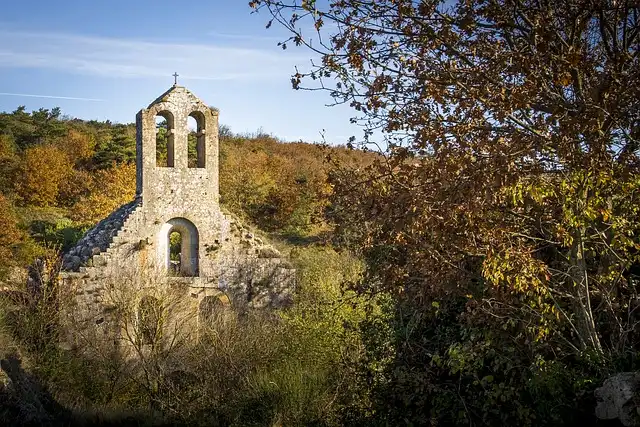St. Olave’s Priory

His influence spread across Europe, and the respect he received in East Anglia points to strong trade and cultural ties between that region and Scandinavia during the early Middle Ages.
Due to the fact that it highlights the connections in between England and Scandinavia during the medieval period, the abbey’s devotion to St. Olav is specifically fascinating. St. Olav was a king of Norway in the 10th century that ended up being a saint and saint after his fatality in 1030. His influence spread throughout Europe, and the regard he got in East Anglia points to solid profession and social connections between that region and Scandinavia during the early Center Ages.
While much of the initial abbey church is gone, you can still see the structures of the cloister, chapter home, and various other buildings. This helps visitors understand just how the priory was laid out and its dimension. Like many spiritual establishments in England, St. Olave’s Priory was shut throughout the Dissolution of the Monasteries under King Henry VIII in the 1530s.
Founded in 1216, St. Olave’s Abbey was devoted to St. Olav, the patron saint of Norway, which is uncommon for religious websites in England. The priory was established by a regional noble named Roger Fitz-Osbert to create a neighborhood for Augustinian Canons, that focused on both worship and assisting the area.
Today, the ruins of St. Olave’s Abbey are all that continues to be of what was as soon as a hectic religious community. One of the most remarkable component still standing is the gatehouse, constructed in the 14th century. This gatehouse served as the major entry to the priory and is a terrific instance of medieval brickwork, which was costly and rather rare at the time.
1 Augustinian Canons2 named Roger Fitz-Osbert
3 nobleman named Roger
4 Olave ’s Priory
« The Alabama Hills: Visit California’s Most Filmed Rock FormationsHow to properly fit a ski helmet to ensure maximum safety? »
